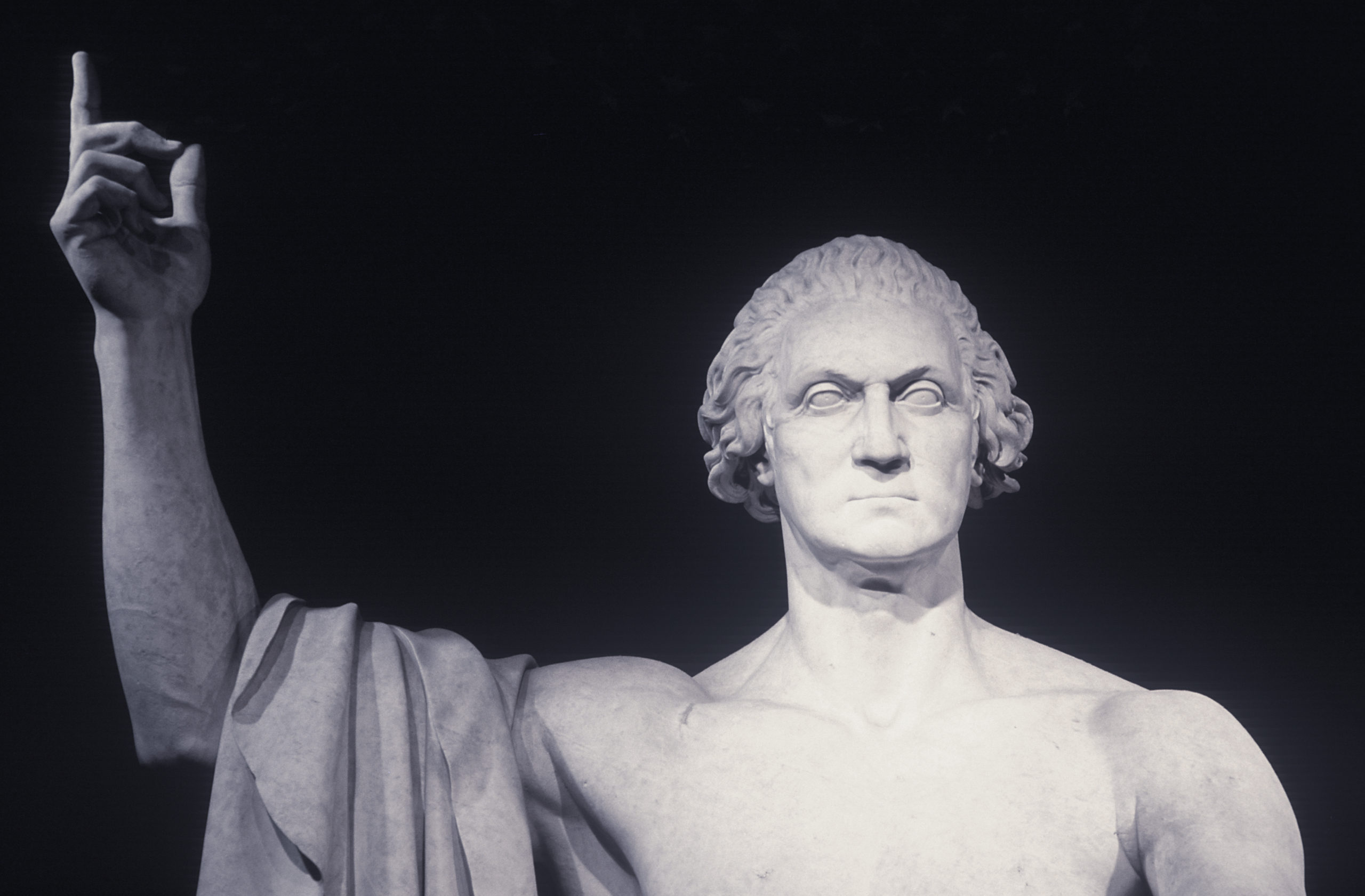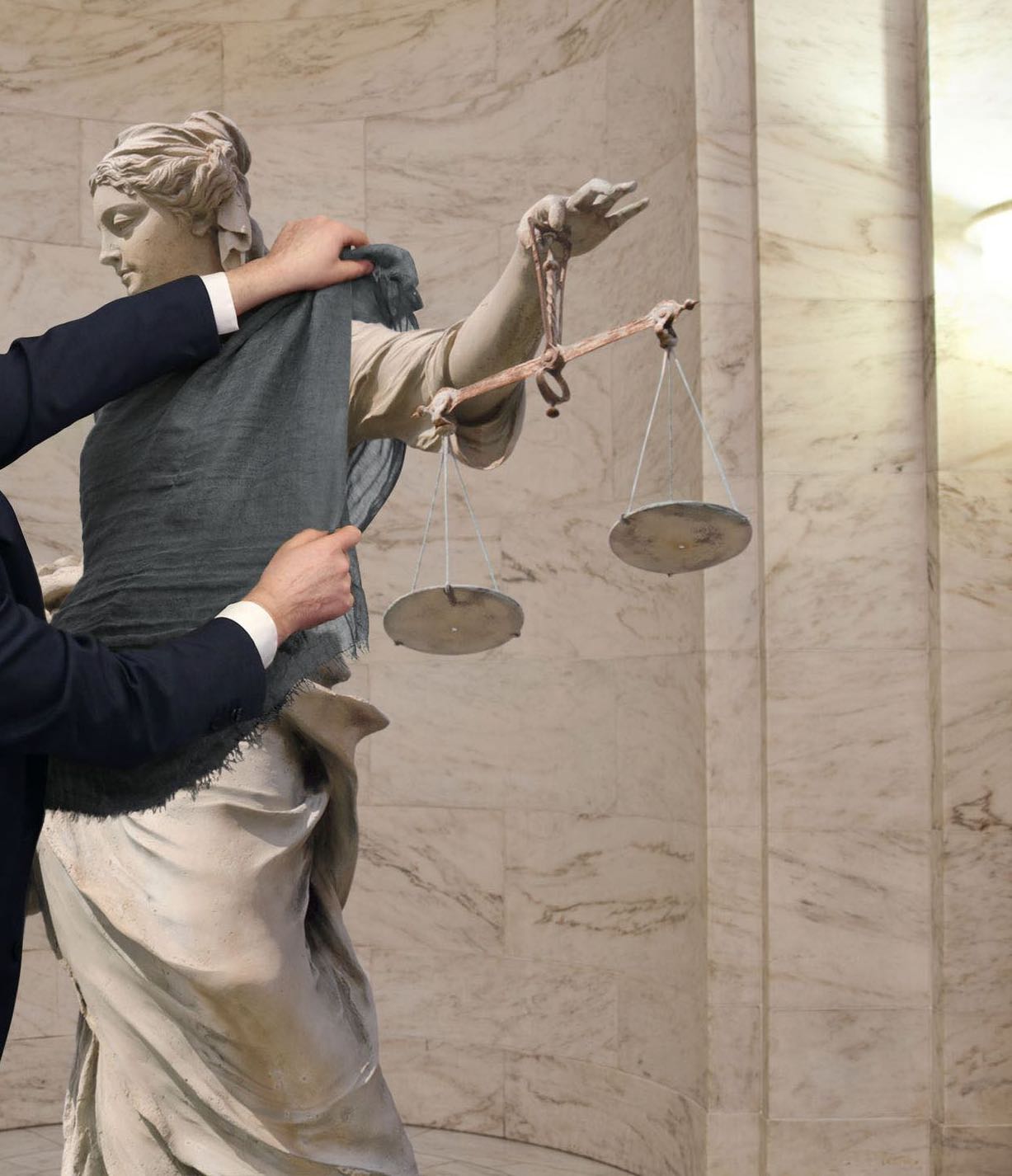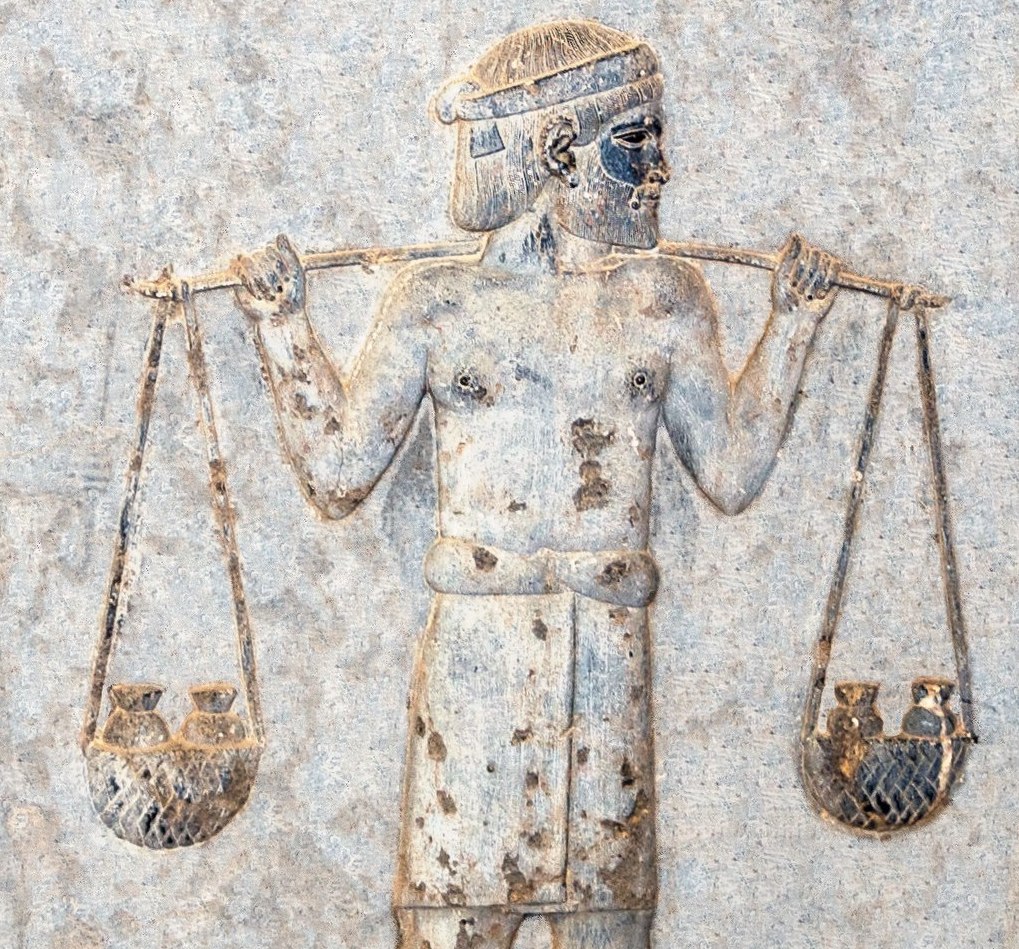The conditions for success simply no longer exist.
To Save America, Reclaim Civics

Shape your soul and the country will follow.
After a summer of protests and riots, it seems that partisan divisions don’t run neatly along the lines of particular policy issues: instead, we are split on the meaning of patriotism itself. For that reason, it’s likely that K-12 civics classrooms will be added to the list of flashpoints for cultural conflict.
It will be natural for each side, energized by the unrest, to resort to thinking of civic education in its same standardized, partisan forms. For the Left, civics is more or less synonymous with activism. Democratic activities are held up as the paragon of patriotism, leaving students inclined to protesting, marching, and voting as the peak of political virtue.
By contrast, the Right often places greater emphasis on content civics, implying that a clear account of one’s history and an understanding of American institutions is sufficient for cultivating civic virtue.
Both approaches to civic education are inadequate because both are flip sides of the same coin. Each shares the aim of answering what it means to be a citizen, before answering the far more pressing and profound question, namely: what it means to be human. Answering this question is not a distraction from civics education. It is a necessary precondition for beginning to understand American citizenship.
What is Man?
This distinction between man qua man and man in his capacity as citizen is neatly delineated in theory in Aristotle’s Politics. But it is blurred by our regime’s own tendencies and political practice. Our civic order is centered not on the accidental qualities of the citizen body—important as they are in political practice—but on the essence of what it is to be human. As the Declaration of Independence states:
“We hold these truths to be self-evident, that all men are created equal, that they are endowed by their Creator with certain unalienable rights, that among these are life, liberty and the pursuit of happiness.”
It is because this document provides the cornerstone of our regime that the task of citizenship in the American republic is particularly demanding, for it presupposes an understanding and assent to what we hold man to be at his most basic level: created equal and endowed by his Creator with certain unalienable rights.
Yet, when K-12 reformers focus exclusively on civics—whether it be defined by activism or by content knowledge—they easily neglect exploring this more fundamental understanding embedded within our conception of citizenship: the understanding of what human begins are. Educating an American citizen demands first and foremost that one examine the truth of this statement from the Declaration and consider its implications for the political order.
One might assume that, if this is a self-evident truth, then it ought to be obvious and should not depend upon much or any education to make it known. Even if one accepts that “self-evident” means “obvious,” one must concede that as moderns we are intellectually conditioned to be cowards. Any “abstraction” that is simply true or false in itself is not typically on the table, making the language of our Declaration almost as distant as Shakespeare’s or Chaucer’s English from our own modern tongue.
Claims of truth and falsehood are relegated to the material rather than moral realm. It requires a good deal of intellectual effort and boldness to recover from our historicist hangover, which inclines one to shirk off the possibility that there is in fact any kind of “abstract truth, applicable to all men and all times,” as Lincoln characterized the Declaration’s claim.
If Lincoln is correct when he goes on to describe this truth as a “rebuke and a stumbling-block to the very harbingers of re-appearing tyranny and oppression,” then grasping it on its own terms is not simply a matter of accurately understanding our theoretical foundations, but of restoring health to our most basic political practices.
When we neglect to consider this truth, we erode the foundations of our communal well-being by abandoning the idea of unalienable rights that are to be respected and responsibly exercised. Our current political practice gives ample reason to think that these rights are both endangered and distorted. We’d be well advised to re-engage with the abstract truth that allows us to understand and secure them.
Doing so requires engaging with the classical and Christian sources that lead the founders to articulate this truth, with particular attention to the humanities, for they are most equipped to at reveal what it means to be human and thus what this phrase means. Civics classes invariably fail when they neglect to directly engage with the greatest texts of the Western tradition that make this truth more accessible and prompted its articulation.
Laudable as they are, alternative visions of civic education that call for beefing up civics curricula to place greater emphasis upon the facts and institutions of American history are a poor substitute for cultivating the condition of soul that understands the profundity and limits of our nation’s claims to truth in the Declaration.
This cannot possibly be gained from a trivially summative ode to our roots in ancient Athenian democracy, Roman Republicanism, Christianity, or Enlightenment Rationalism. We need deep, sustained engagement with the greatest minds of each of these eras: Plato, Aristotle, Thucydides, Xenophon, Cicero, Livy, Plutarch, Augustine, Aquinas, Dante, Calvin, Luther, Shakespeare, Hobbes, Locke, and Rousseau, to name only a few.
Paradoxically, robust American civic education requires that one be well-versed in what is pre-American so as to appreciate what we embody of the old world and what we reject from it when we claim that all men are created equal.
Theory in Practice
Of course, this is a high bar, but the classical schools movement shows that an education of the kind I am describing can not only exist but thrive. Although varied, classical schools eschew technocratic, overly pragmatic visions of education and commit to re-engaging with the classical tradition so as to reveal a more profound understanding of human nature and that which is true, good, and beautiful.
Abstract and distant as this vision may seem to the pragmatic American mind, classical schools are achieving huge success across the country. For instance, Great Hearts Academies, the largest public charter provider of classical education, now boasts over 30 K-12 schools, with a waiting list of 13,074 students. Since 2013, Great Hearts has grown from serving 7,000 students to over 20,000 across Texas and Arizona. That’s nearly 300% growth in just seven years. Independent umbrella institutions, such as The Association of Classical Christian Schools and the Institute for Classical Education, offer guidance and resources to independent classical schools and counts over 290 member schools and 200 charter schools respectively.
In looking for an answer to what makes us human, these classical schools offer a far better starting point for understanding what our claim about humans implies about the American political order—both its promise and its limits. Moreover, this leaves them well-positioned to avoid the partisan, petty squabbles that dominate the contemporary civic realm.
For instance, Great Hearts Academies avoids discussion of contemporary events within the classroom, whether they be cultural or political. Teachers refuse to distract students from their primary mission of cultivating souls in pursuit of truth, beauty, and goodness. If we think of civics as narrowly as the modern Left and Right do, the Great Hearts approach would appear to lower civics as a priority. But in fact, turning to questions of higher purpose ennobles the vision of what citizenship consists of. And as K-12 schools become increasingly politicized, this approach seems not only wiser in the long term, but necessary in the short term.
The American Mind presents a range of perspectives. Views are writers’ own and do not necessarily represent those of The Claremont Institute.
The American Mind is a publication of the Claremont Institute, a non-profit 501(c)(3) organization, dedicated to restoring the principles of the American Founding to their rightful, preeminent authority in our national life. Interested in supporting our work? Gifts to the Claremont Institute are tax-deductible.
Our K–12 students need guidance out of ignorance.
To beat coronavirus, get Americans back to living natural lives.
A healthy currency must reflect our relationship with nature.
Bostock demands a complete change of course from neutered judicial “conservatism.”






